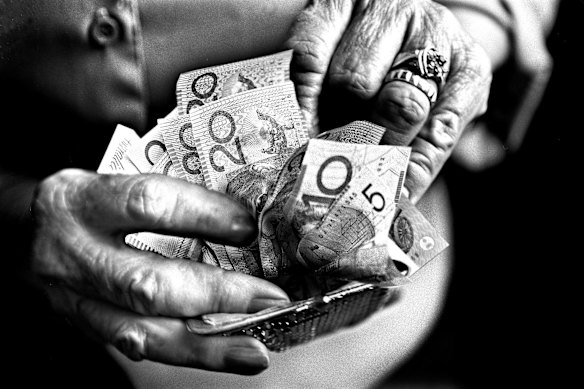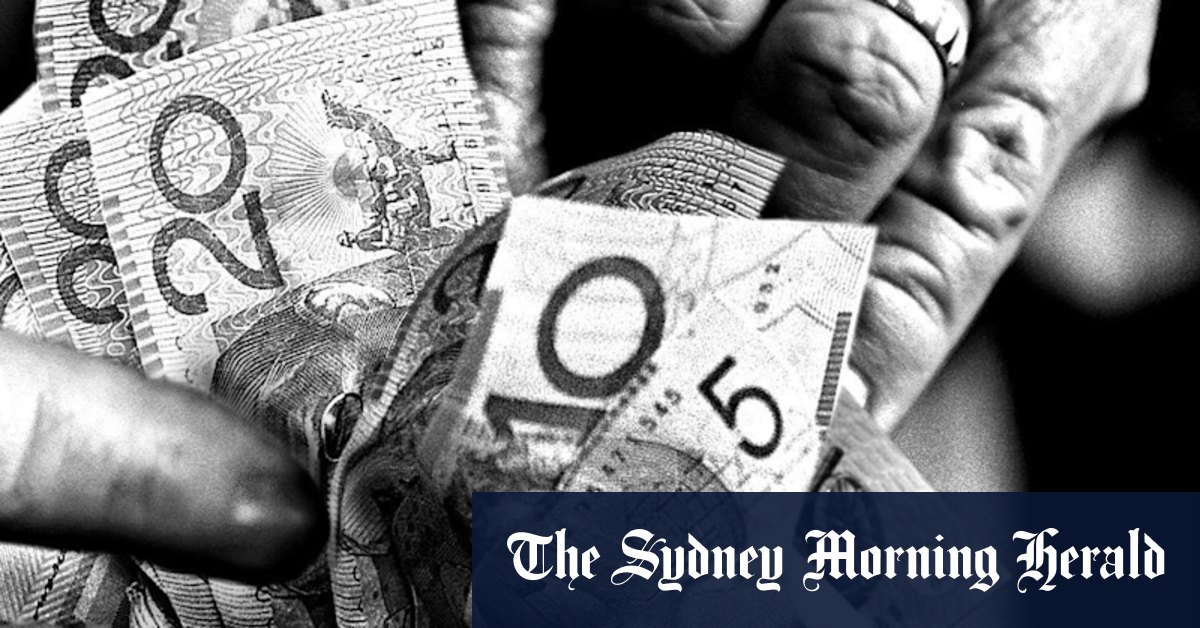Baby boomers’ pensions will be reduced as the Albanese government ends a three-year freeze and adjusts rates used to calculate how much retirees can earn on their cash investments.
Social Services Minister Tanya Plibersek quietly issued a statement on Tuesday afternoon, during the government’s high-profile economic roundtable, to reveal the end of a policy put in place by the Morrison government during the start of the COVID pandemic.

Pensions will fall as deeming rates are adjusted after more than five years of no movement. Credit: Greg Newington
Under the change, the expected or “deemed” return on investments held by age pensioners – including self-funded retirees – will be lifted from 0.25 per cent to 0.75 per cent.
While the changes to individual age pensioner’s payments will vary based on their financial assets, the move comes as interest rates on savings accounts fall and is likely to enrage seniors who fought against sluggishly high deeming rates in 2019.
The three-year freeze came to an end on July 1, two months after the election.
Deeming is the process used by the government to calculate a uniform return on financial investments, such as savings accounts and term deposits, to simplify income rates when calculating pensions. Instead of requiring pensioners to provide their actual earned income on financial investments, a deemed rate is applied.
Current deeming rates, which Plibersek said had been kept “artificially low” since 2020, have remained well below real earnings from investments, inflating people’s pension payments.
She said the government kept this setting after the pandemic to “help shield age pensioners and other income-support recipients while the economy recovered”.
But bank deposit rates have lifted, largely in line with movements in the official cash rate, since the government put in place its deeming rate freeze.

